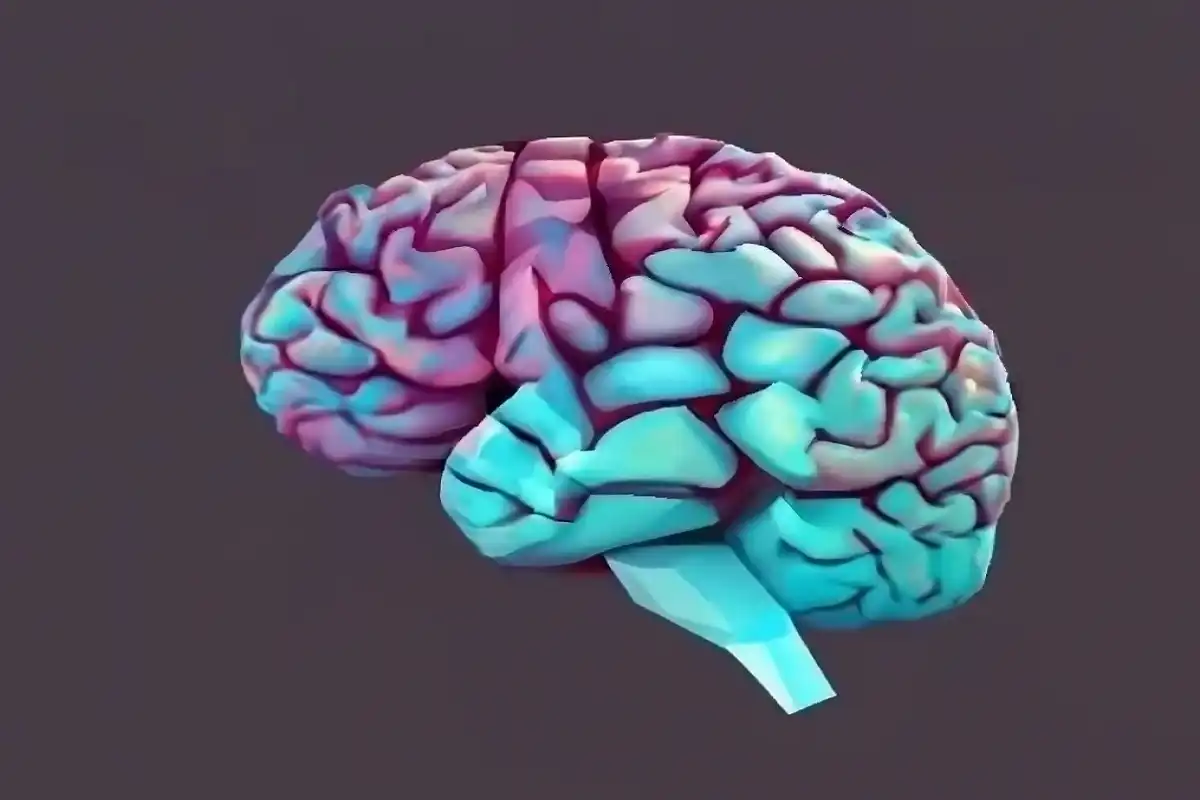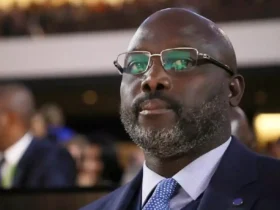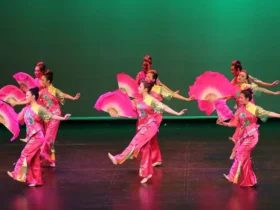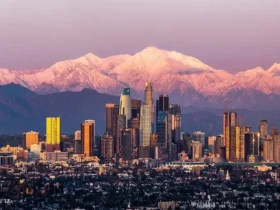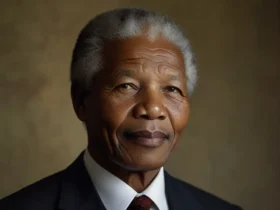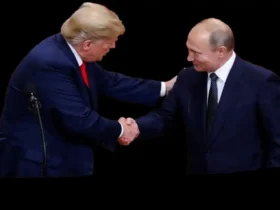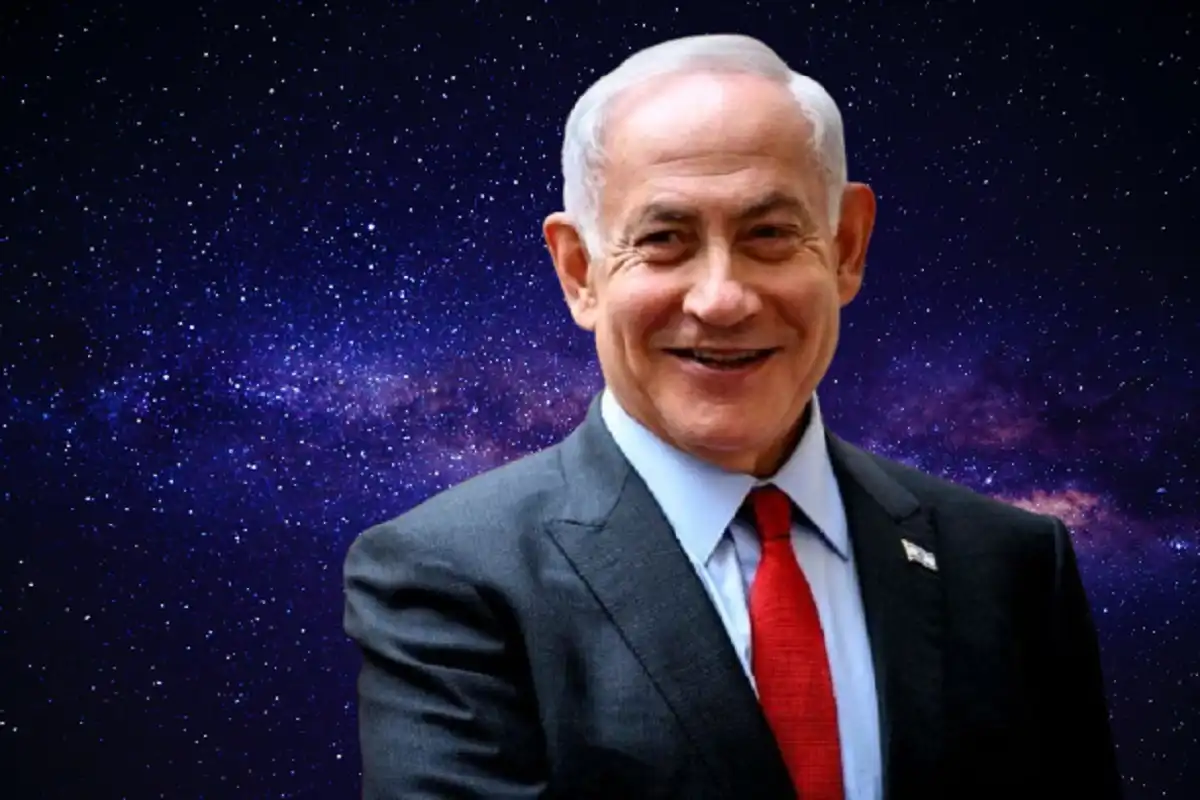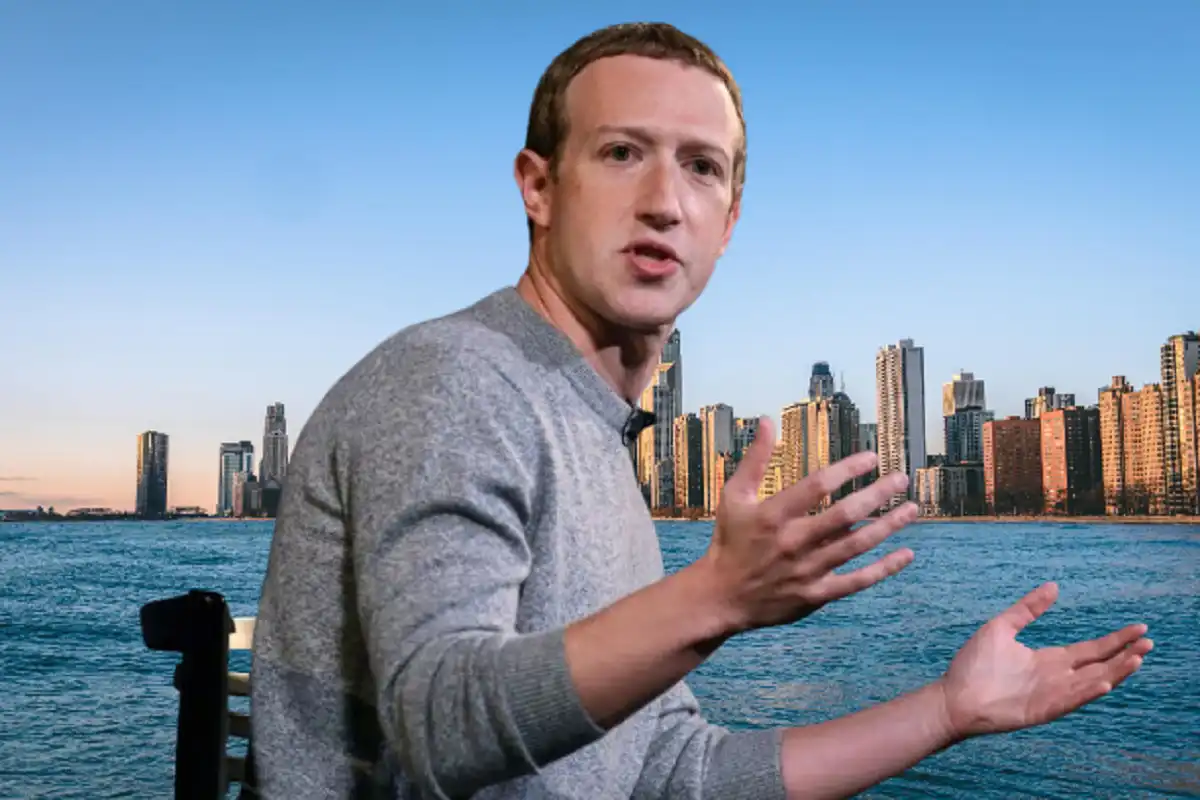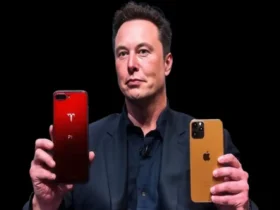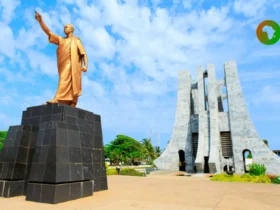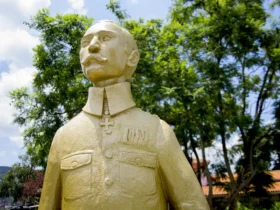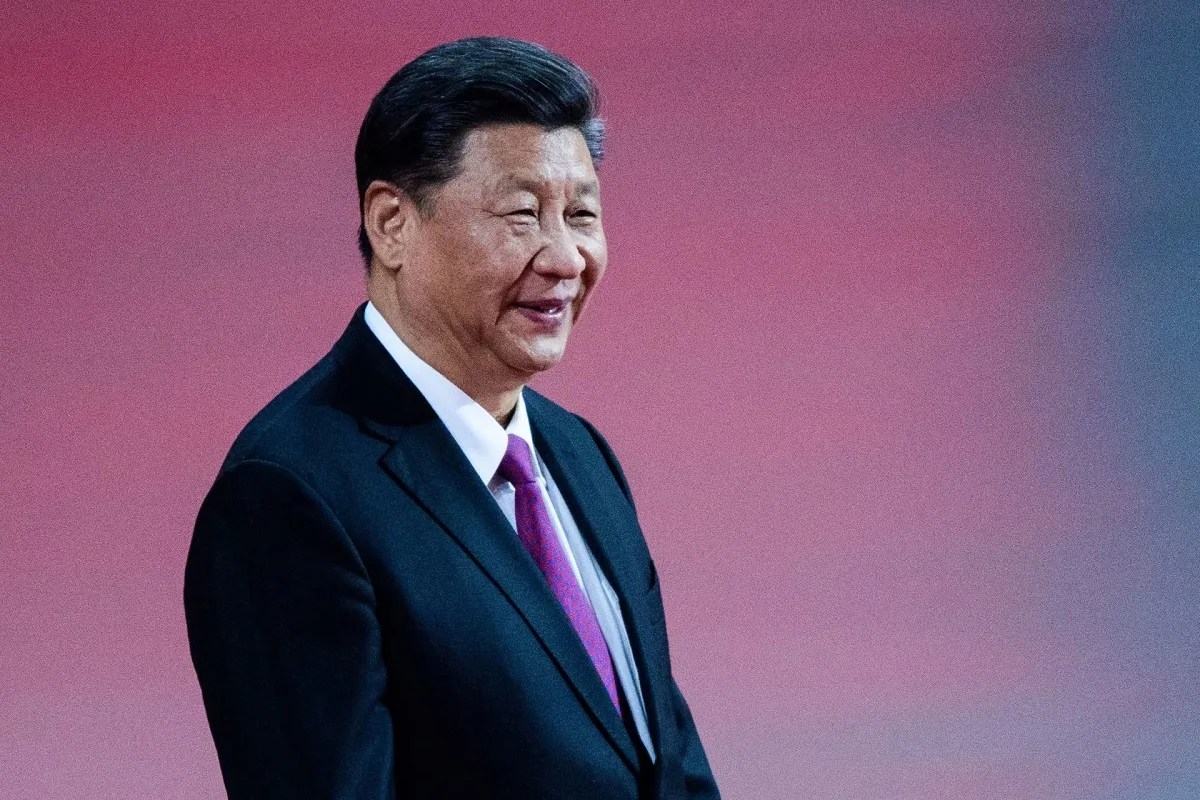Early Life and Career
Born on June 15, 1953, in Beijing, Xi Jinping is the son of Xi Zhongxun, a veteran revolutionary and one of the “Eight Immortals” of the Communist Party. Growing up in a political family set the stage for Xi’s future involvement in the party. However, his youth was not without challenges. During the Cultural Revolution, Xi’s father was purged, and Xi himself was sent to the countryside for “re-education” through labor. This experience deeply influenced his worldview and political philosophy.
After graduating from Tsinghua University in 1979 with a degree in chemical engineering, Xi began his political career in various provincial roles, steadily climbing the ranks of the Communist Party. His governance experience ranged from Fujian Province to Zhejiang and eventually Shanghai, where he gained national recognition.
Rise to Power
Xi Jinping’s political ascent accelerated when he was appointed to the Standing Committee of the Politburo in 2007, positioning him as one of the key figures in the party hierarchy. In 2012, he was elected General Secretary of the Communist Party and Chairman of the Central Military Commission, followed by his election as President of China in March 2013.
His rise came during a period of anticipated leadership transition, where he presented himself as a fresh leader committed to revitalizing the Party and restoring its integrity. Xi’s anti-corruption campaign, which began shortly after he took office, has been seen as both a move to eliminate corrupt officials and a strategy to consolidate his power by sidelining political rivals.
Key Policies and Philosophy
Xi Jinping is known for several key policies and ideologies that define his leadership:
- The Chinese Dream: Introduced in 2013, this concept emphasizes national rejuvenation, which Xi posits as a way to unify the Chinese people and affirm China’s global status. The “Chinese Dream” embodies aspirations for national prosperity, collective effort, social harmony, and individual well-being.
- Belt and Road Initiative (BRI): Launched in 2013, the BRI is a massive infrastructure and economic development project aimed at enhancing global trade and stimulating economic growth across Asia and beyond. It reflects Xi’s vision for China as a leader in global economic governance.
- Assertive Foreign Policy: Under Xi, China has pursued a more assertive foreign policy in the South China Sea and strengthened its relations with Africa, Latin America, and other regions. This proactive approach aims to shape global governance structures in favor of China’s interests.
- Strengthening Party Control: Xi has emphasized the importance of the Communist Party’s leadership across all aspects of Chinese life. This approach has seen a tightening of control over civil society, media, and academia, with a significant clampdown on dissent.
- Technological Advancement: Xi has championed the advancement of technology and innovation as pivotal to China’s future. The “Made in China 2025” initiative aims to transform China into a world leader in high-tech industries.
Challenges and Criticisms
Despite his significant accomplishments, Xi Jinping’s leadership is not without challenges and criticisms. His administration has faced scrutiny for its handling of human rights issues, particularly regarding the treatment of Uyghurs in Xinjiang, the suppression of pro-democracy movements in Hong Kong, and tightening controls over freedom of expression in mainland China.
Additionally, concerns about Xi’s centralized power and lack of political pluralism have raised questions about the long-term sustainability of his leadership style. The impact of COVID-19, both domestically and internationally, has also challenged Xi’s credibility and governance.
Conclusion
Xi Jinping is a leader whose influence extends beyond China’s borders. His vision for national rejuvenation, assertive foreign policy, and commitment to party control shape both domestic affairs and global geopolitics. As China continues to grow in power and influence, understanding Xi Jinping’s role is essential for grasping the complexities of the modern world. Whether seen as a visionary leader or a controversial figure, Xi’s impact on China and the global landscape will be analyzed and debated for years to come.







